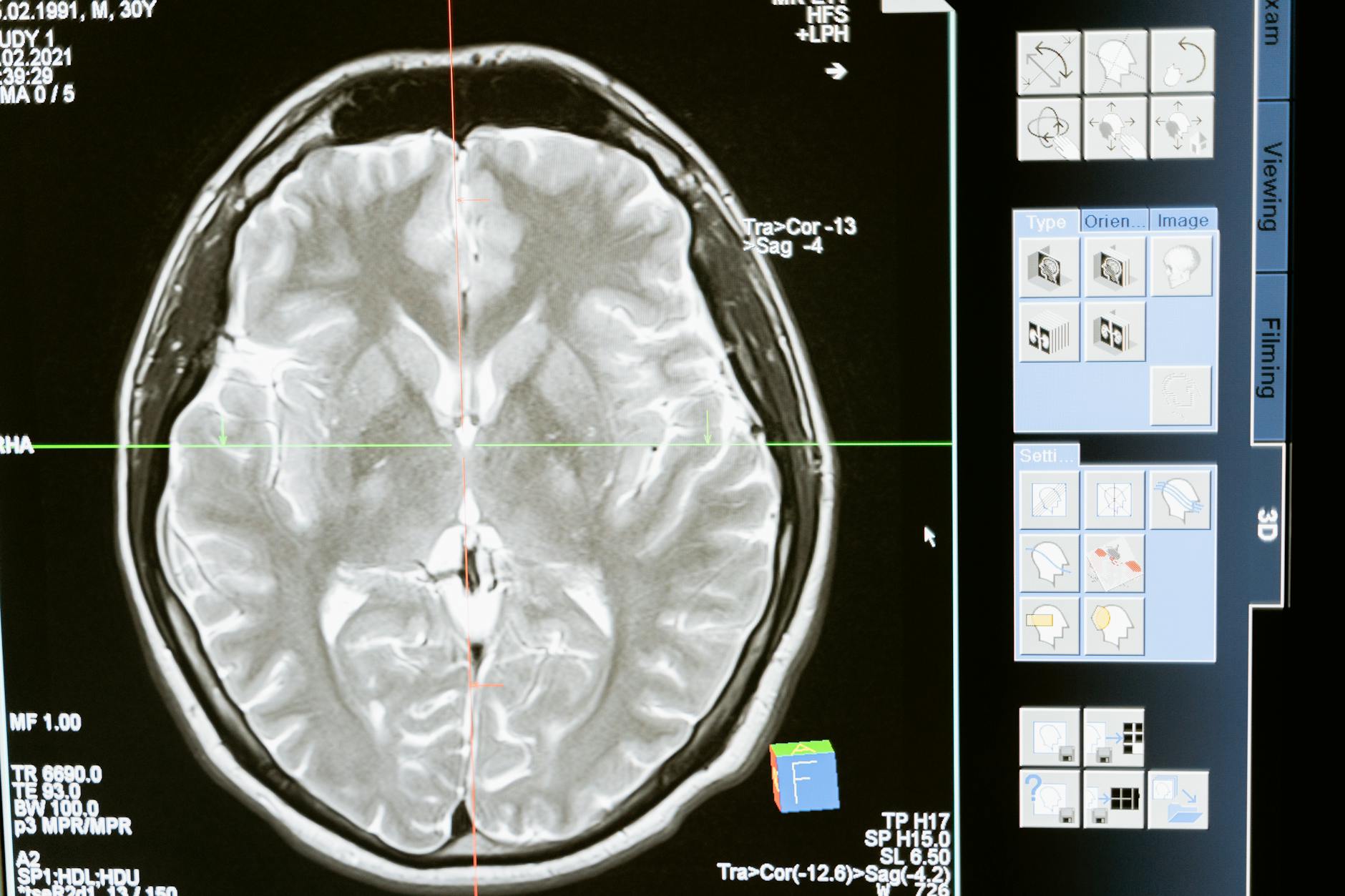Unravel the mystery behind stubborn stomach viruses with these 7 proven tactics to ease discomfort and promote a speedy recovery.
Table of Contents
Facing a stubborn stomach virus can be a real challenge. Whether you’re dealing with nausea, vomiting, diarrhea, or all of the above, the symptoms can be uncomfortable and disruptive to your daily life. But fear not – armed with the right information and strategies, you can effectively manage and overcome a stomach virus. Let’s delve into the world of stomach viruses and explore how to navigate through this challenging experience.
What is a Stomach Virus?
A stomach virus, also known as viral gastroenteritis, is an infection of the intestines that causes inflammation and irritation. This infection is often caused by viruses such as norovirus or rotavirus, and it can lead to symptoms like nausea, vomiting, diarrhea, stomach cramps, and fever. Stomach viruses are highly contagious and can spread easily through contact with contaminated surfaces or infected individuals.
Recognizing the Symptoms
The symptoms of a stomach virus can vary from person to person, but common signs to look out for include:
- Nausea
- Vomiting
- Diarrhea
- Stomach cramps
- Fever
If you experience these symptoms, especially if they persist for more than a few days or are accompanied by other concerning signs, it’s essential to consult a healthcare provider for proper evaluation and diagnosis.
Managing a Stomach Virus
While there is no specific medication to cure a stomach virus, there are several strategies you can implement to manage your symptoms and support your recovery:
Stay Hydrated
One of the most critical aspects of managing a stomach virus is staying hydrated. The vomiting and diarrhea associated with the infection can deplete your body of essential fluids and electrolytes. Focus on sipping water, clear broths, oral rehydration solutions, and electrolyte-rich drinks to replenish lost fluids.
Rest and Recover
Allow your body ample time to rest and recover. Avoid strenuous activities and give yourself the opportunity to heal. Resting will help conserve energy and support your immune system as it fights off the virus.
Follow a Bland Diet
Eat small, frequent meals of bland, easy-to-digest foods such as toast, crackers, bananas, rice, and applesauce. Avoid spicy, greasy, or heavy meals that may further irritate your stomach. Gradually reintroduce normal foods as your symptoms improve.
Preventing the Spread of the Virus
To prevent the spread of the stomach virus to others, practice good hygiene habits:
| Tip | Description |
|---|---|
| Stay Hydrated | Drink plenty of fluids such as water, clear broths, and electrolyte drinks to prevent dehydration. |
| Rest | Make sure to get plenty of rest and allow your body to recover from the virus. |
| BRAT Diet | Eat bland foods like bananas, rice, applesauce, and toast to help settle your stomach. |
| Avoid Certain Foods | Avoid spicy, greasy, or dairy-based foods that can irritate your stomach further. |
| Seek Medical Attention | If symptoms persist for more than a few days or are severe, consult a healthcare professional. |
Handwashing
Wash your hands frequently with soap and water, especially before eating, after using the restroom, and after coming into contact with potentially contaminated surfaces.
Clean and Disinfect
Clean and disinfect surfaces that may be contaminated with the virus, such as doorknobs, countertops, and shared items. Use disinfectants that are effective against viruses to reduce the risk of transmission.
Isolate Yourself
If you are experiencing symptoms of a stomach virus, it’s essential to isolate yourself from others to prevent spreading the infection. Stay home from work or school until you have fully recovered and are no longer contagious.
Seeking Medical Attention
If your symptoms are severe, persistent, or accompanied by worrisome signs like high fever, severe dehydration, or bloody diarrhea, seek medical attention promptly. A healthcare provider can assess your condition, offer appropriate treatment, and provide guidance on supporting your recovery.
Final Thoughts
A stomach virus can be challenging to deal with, but with proper care and management, you can overcome the infection and return to feeling your best. Remember to prioritize hydration, rest, and proper hygiene practices to support your recovery and prevent the spread of the virus to others. If you have concerns about your symptoms, don’t hesitate to reach out to a healthcare provider for guidance and support. Stay strong, and take care of yourself during this time.
FAQ Section
Can I prevent a stomach virus?
While you can’t guarantee prevention, you can reduce your risk by practicing good hygiene, washing hands frequently, and avoiding close contact with infected individuals.
How long does a stomach virus last?
A stomach virus typically lasts 1-3 days but can persist for up to a week in some cases. Stay hydrated and rest to aid recovery.
Is medication necessary for a stomach virus?
Medication isn’t usually needed for a stomach virus. Focus on hydration, rest, and a bland diet to manage symptoms.
When should I seek medical attention for a stomach virus?
Seek medical help if symptoms are severe, persistent, or accompanied by high fever, severe dehydration, or bloody diarrhea. A healthcare provider can offer proper evaluation and treatment.





